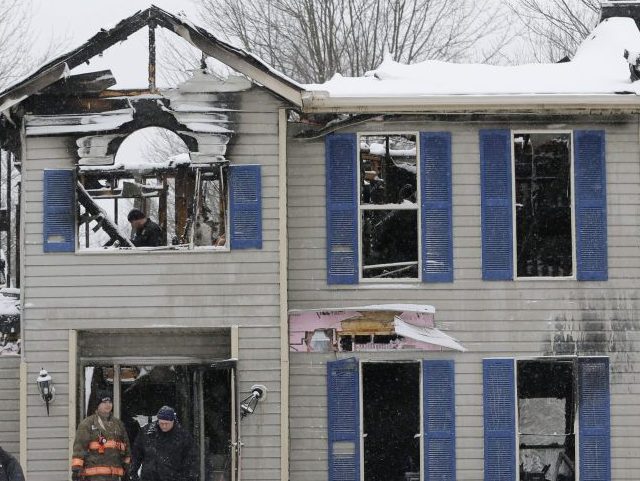The financial situation of many middle class American households is strikingly unstable, according to a new report from the Harvard Business Review.
The Harvard Business Review finds that there is increasing trend of financial vulnerability for lower and middle class American households. According to the report, households experienced an average of five months per years in which household income increased or decreased by more or less than 25 percent.
Our first big finding was that the households’ incomes were highly unstable, even for those with full-time workers. We counted spikes and dips in earning, defined as months in which a household’s income was either 25% more or 25% less than the average. It turned out that households experienced an average of five months per year with either a spike or dip. In other words, incomes were far from average almost half of the time. Income volatility was more extreme for poorer families, but middle class families felt it too.
The report’s authors, Jonathan Morduch and Rachel Schneider, claim that income volatility is the result of shifts in the labor market, such an increasing amount of laborers who rely on income from commissions, tips, and hourly work.
The study claims that household spending was just variable as income. Factors such as car repairs, college tuition bills, and healthcare contributed to the volatility of household spending.
We found that monthly spending was just as volatile as income. On top of regular expenses, emergencies arose frequently: Cars needed repair, roofs needed fixing, tuition bills came due, and people got sick. In addition, the rising relative costs of health care, housing, education, and transportation stretched budgets and cut into the slack available to buffer shocks, especially with the well-documented stagnation of real wages for most workers. In 2015 low- and middle-income families devoted about one-third of their earnings to housing, and they have seen housing prices rise 25%–50% since the mid-1990s. The cost of a bachelor’s degree from a public college has risen by one-third from 2003 to 2014.
The Affordable Care Act, which was designed to reduce health care costs for lower and middle class Americans, has only further complicated spending. Health care costs have continued to grow, leaving lower and middle class households with plans with high deductibles, which means large out-of-pocket expenses during their trips to the doctor.
Morduch and Schneider argue that financially instability is in itself a form of economic inequality. They suggest that employers look to restructuring some of their practices, such as scheduling policies, so that lower and middle class American workers can ultimately find economic stability.
Tom Ciccotta is a libertarian who writes about economics and higher education for Breitbart News. You can follow him on Twitter @tciccotta or email him at tciccotta@breitbart.com

COMMENTS
Please let us know if you're having issues with commenting.